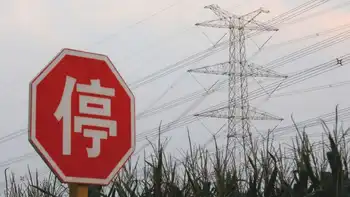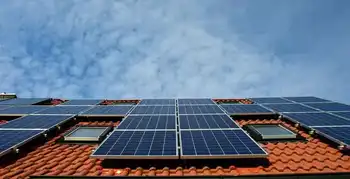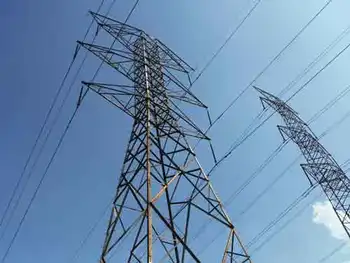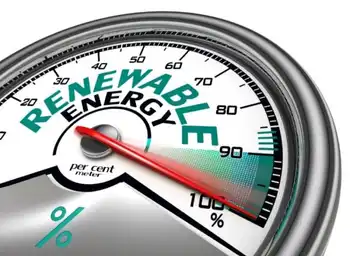Vimpelcom owners tempted to reject Wind bid
Telenor faces an uphill battle to convince more than 70 percent of independent Vimpelcom owners to reject the Wind deal with Egyptian tycoon Sawiris Naguib at a shareholders' meeting scheduled for March 17.
In a letter sent to Vimpelcom shareholders by Telenor and obtained by Reuters, the Norwegian operator said if the deal failed it would seek an extraordinary payout of at least $1 per share on top of any regular dividend.
"A better alternative for all shareholders is the payment of an extraordinary dividend," Telenor said in a six-page letter to Vimpelcom shareholders that calls on them to reject the deal.
Telenor is seeking to regain the initiative after a London court denied its injunction to stop the vote.
Telenor's head of mergers and acquisitions, Torbjoern Wist, said he has had positive feedback from meetings with Vimpelcom's financial shareholders, who jointly hold 19.3 percent of voting stock. But with Telenor with 36 percent of Vimpelcom votes and pro-Wind group Altimo 44.7 percent, victory will be tough.
"I'm not going to say this is not going to be a challenge," Wist told Reuters in an interview. "But we are encouraged by our meetings so far and also by the clear recommendation against the Wind deal by the shareholders' support services group ISS."
Telenor plans to meet with as many Vimpelcom shareholders as possible before the meeting, raising questions about the deal's strategic and financial rationale.
Vimpelcom sees the Wind deal, which will give it all of Wind Italy and a majority stake in Egypt's Orascom Telecom, as a way to boost its geographical footprint and become one of the world's largest emerging market mobile services providers.
In the letter, Telenor says the deal will cut Vimpelcom's revenue and EBITDA core profit growth profile, as well as its margins, in part because of Wind Italy's sour outlook as an indebted, No. 3 operator on a mature Italian mobile market.
Furthermore, Telenor argues, Vimpelcom is paying an 84 percent equity premium for Wind Telecom assets, based on the market capitalization of Orascom adjusted for the spin-offs and the implied value of Wind Italy based on its peers.
Telenor said that as a result of the transaction, Vimpelcom's consolidated debt would rise to $25.7 billion from $6.5 billion, while its consolidated EBITDA would increase by only $4 billion, in the best-case scenario. If Algeria takes over Orascom's unit there, that would fall to $3 billion.
Vimpelcom was not immediately available for comment.
"I am glad Telenor is active in working with minorities," said Elena Suslova, a fund manager at Moscow-based Wermuth Asset Management, which owns Vimpelcom shares. "Altimo is however more effective since it seems to have better access to the shareholder base of Vimpelcom. This is my impression as a shareholder."
Wist said the ISS, an advisory body, has come out against the Wind deal in large part because it would undermine Vimpelcom's corporate governance structure, which now carefully balances power between Telenor, Altimo and the independents.
"Wind would get 30 percent of Vimpelcom's voting stock, which will crowd out the independents and over time may also reduce their representation on Vimpelcom's board," he said.
Telenor is also in arbitration about whether it can take part in Vimpelcom's share issue for Sawiris, which would not stop the deal, but would allow it to keep its stake and ease its concerns that it was handing control of Vimpelcom to Sawiris and Altimo's owner, Russian billionaire Mikhail Fridman.
Related News
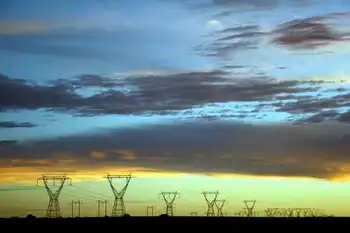
Florida says no to $400M in federal solar energy incentives
MIAMI - Florida has passed up on up to $400 million in federal money that would have helped low-income households install solar panels.
A $7 billion grant “competition” to promote clean energy in disadvantaged communities by providing low-income households with access to affordable solar energy was introduced by President Joe Biden earlier this year, but none of that money will reach Florida households.
The Environmental Protection Agency announced the competition in June as part of Biden’s Inflation Reduction Act. However, Florida Gov. Ron DeSantis has decided to pass on the $400 million up for grabs by choosing to opt out of the…


